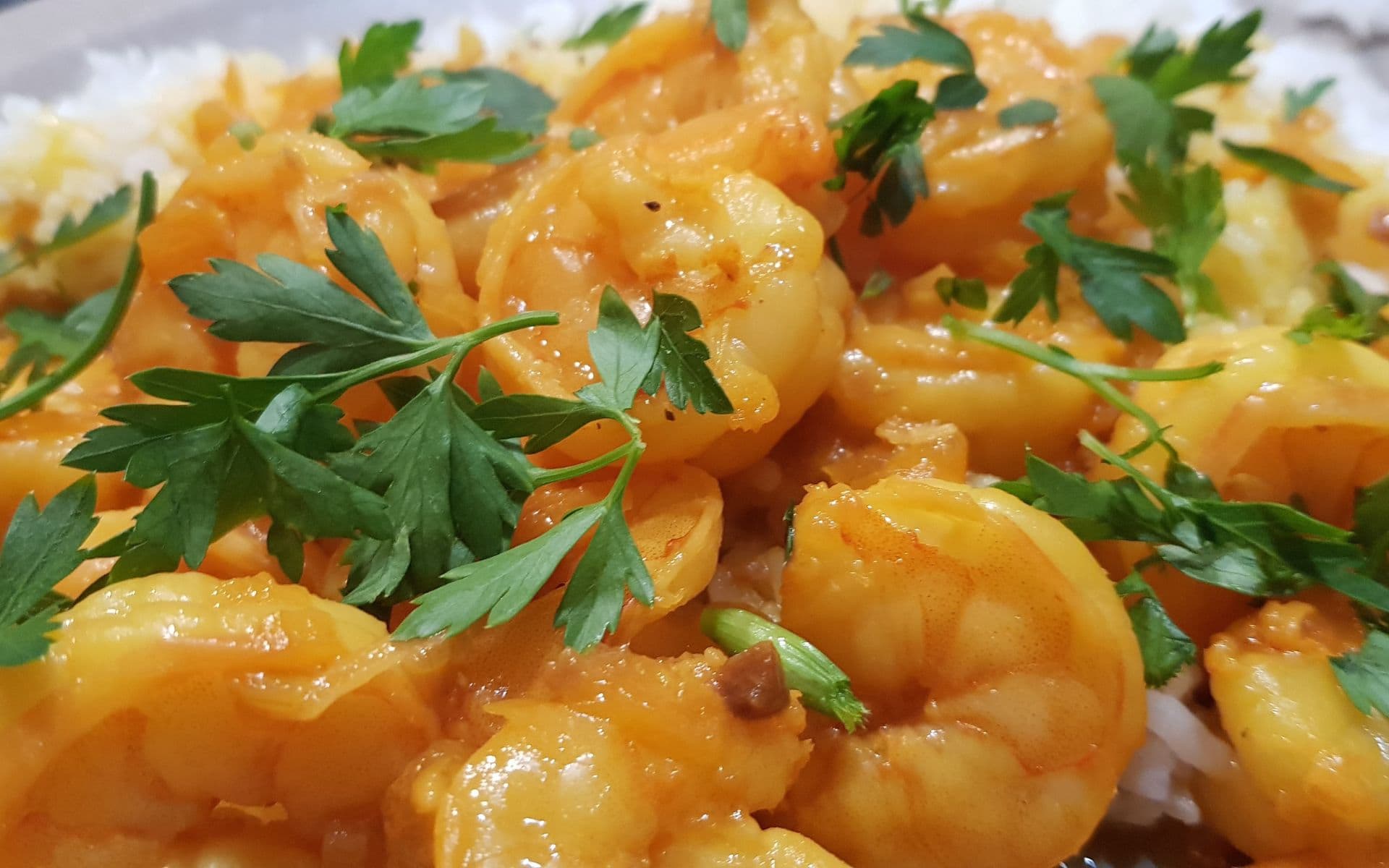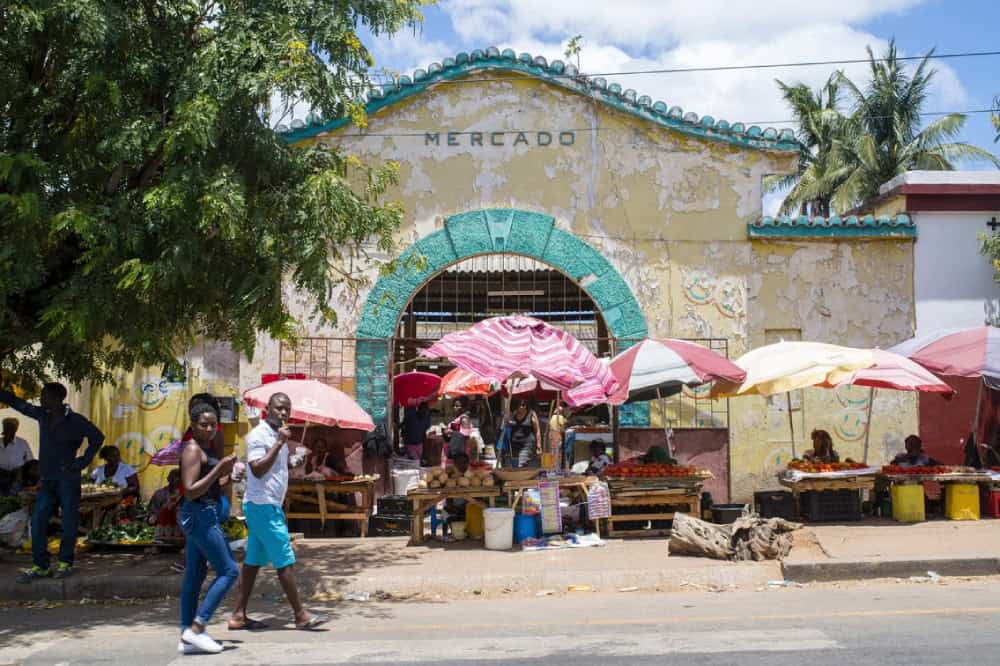One of the most enjoyable aspects of visiting Mozambique is experiencing the unique and delicious cuisine. From the country’s fresh seafood to traditional street foods, there’s an abundance of flavours waiting to be discovered. Whether you’re indulging in dishes from the coast or enjoying hearty meals in the interior, Mozambique offers a diverse and rich food culture. Let’s explore what you can expect from Mozambican cuisine and the tipping practices to be aware of during your travels.
Mozambican Cuisine and Food Culture

Mozambique’s cuisine is heavily influenced by its coastal location, Portuguese colonial history, and the various ethnic groups that call the country home. The result is a delicious mix of seafood, spicy stews, and hearty rice- and maize-based dishes.
Seafood
Mozambique’s extensive coastline means that seafood is a central part of the local diet. Fresh fish, prawns, crab, and lobster are widely available, particularly in coastal towns like Maputo and Vilanculos. Grilled prawns (camarão) are a popular dish, often marinated in a rich combination of garlic, lemon, and peri-peri (chilli). You’ll also find a variety of fish dishes, such as matata, a coconut- and tomato-based fish stew.
Piri-Piri Chicken
Mozambique is famous for its piri-piri chicken, often marinated in a spicy sauce made from African bird’s eye chilli. This dish is typically grilled and served with sides like rice, salad, or potatoes. The piri-piri sauce is a signature flavour of Mozambican cuisine and is used in many different dishes.
Rice and Stews
Inland areas of Mozambique are known for hearty stews made with meat, vegetables, and rice. A typical Mozambican stew might include beef, goat, or chicken, along with vegetables like potatoes, onions, and tomatoes. Xima, a dish made from maize meal and similar to polenta, is often served alongside stews and is a staple in many Mozambican meals.
Tropical Fruits
Mozambique’s tropical climate also means there is an abundance of fresh fruit. Mangoes, pineapples, papayas, and bananas are commonly available, and many local beverages like matapa (a sweet, fruity drink) are made with these ingredients.
Portuguese Influence
As a former Portuguese colony, Mozambique retains strong Portuguese culinary influences. You’ll find Portuguese-inspired dishes like bacalhau (salted cod), sopa de peixe (fish soup), and various pastries, such as the famous pastéis de nata (custard tarts).
Must-Try Mozambican Dishes:
- Piri-piri chicken (spicy grilled chicken)
- Matata (coconut and tomato fish stew)
- Xima (maize meal dish, similar to polenta)
- Mozambican seafood, especially prawns, lobster, and crab
- Pão de forma (Portuguese-style bread)
- Pastéis de nata (Portuguese custard tarts)
Tipping in Mozambique

Tipping practices in Mozambique can vary depending on where you’re staying and what services you are receiving. In general, tipping is appreciated for good service, but it is not always mandatory.
Safari and Lodge Tipping
At lodges and on safari, it’s customary to tip guides, trackers, and general staff for their excellent service. A typical guideline is about US $10-15 per person per day for your safari guide and about US $5-10 per person per day for other staff, such as housekeepers or waiters. Some lodges may have a central tip box where you can leave gratuities for the entire team, while others allow you to tip directly.
Restaurant Tipping
In restaurants, tipping is typically around 10-15% of the total bill, depending on the level of service. Some higher-end restaurants may include a service charge, so be sure to check the bill before tipping. For smaller, local eateries, a smaller tip is appropriate, but it is still appreciated.
Hotel Tipping
At hotels, tipping for bellhops and porters is common, with around 50-100 MZN (Mozambican metical) being a fair amount. For housekeeping staff, a tip of 50-100 MZN per day is appreciated, though not required.
General Tips:
- In high-end restaurants, check if a service charge is already included before tipping.
- For taxis and transport services, rounding up the fare is common.
- It’s customary to tip for good service, but amounts are often smaller in Mozambique compared to other countries in Africa.

























